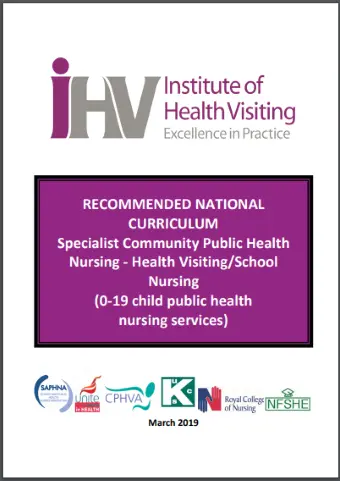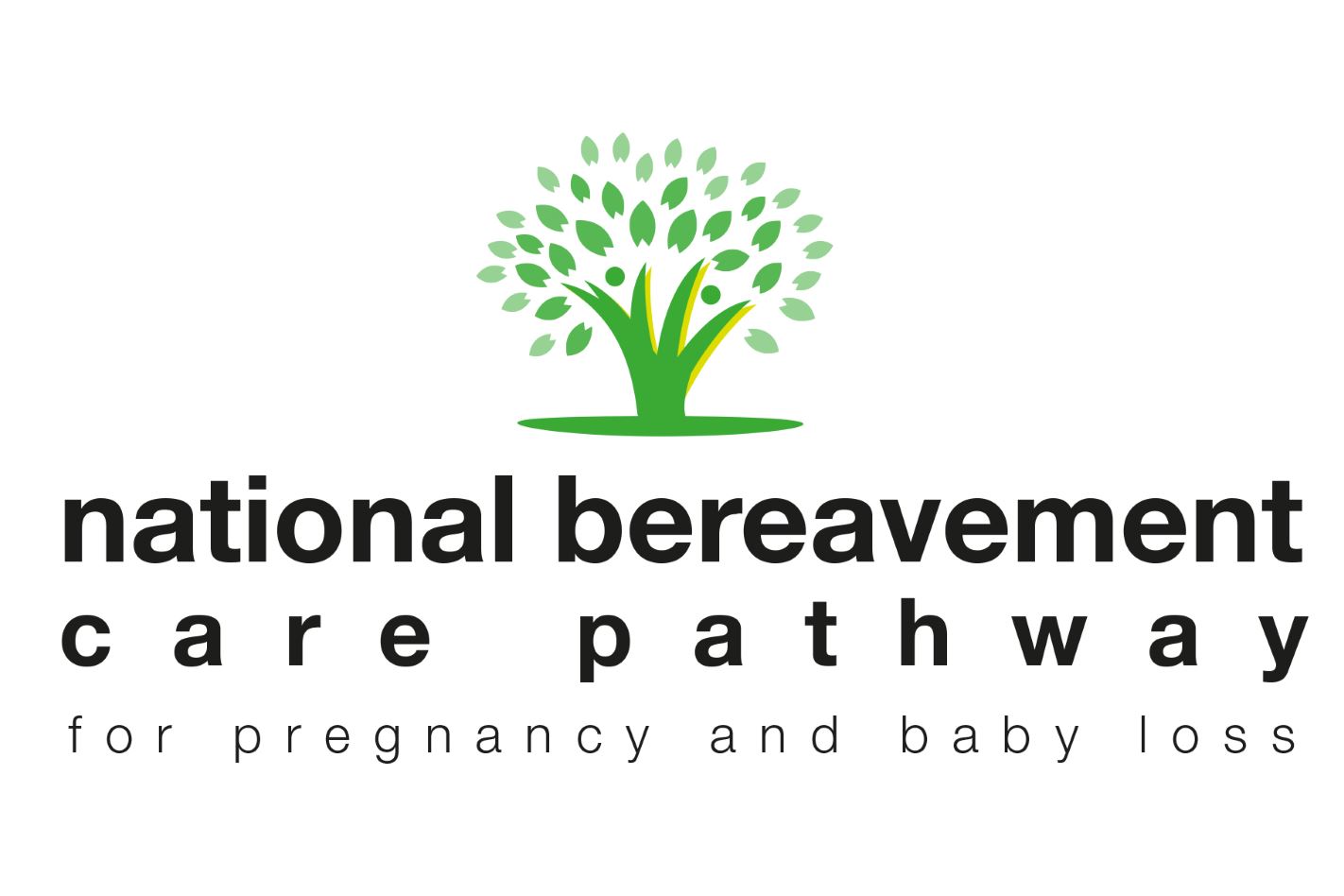The iHV is delighted to see publication of Standards for Practice Teaching for Specialist Community Public Health Nursing (SCPHN) and Specialist Practice Qualification (SPQ) in Community Nursing by the Queen’s Nursing Institute (QNI). The iHV has been part of the Expert Advisory Group and worked with the QNI from the inception of the project that has led to this most welcome publication. This included supporting the co-production of the Standards through our engagement with iHV members at iHV Networking Events for students and educators.
In recent years, our iHV members and others have raised their concerns about a lack of consistency in how health visitors are prepared and how the vital role of practice-based learning, teaching, assessment of students undertaking SCPHN programmes is supported and recognised. The QNI’s new standards set an objective benchmark for what ‘good’ looks like and will support all partners in education to develop programmes of preparation for Practice Teachers. The alignment of the standards with the Health Education England ‘four pillars’ of Advanced Practice spell out the advanced level of practice required to combine education and practice to develop a workforce. They also provide a sound basis for those working towards recognised Advanced Practitioner roles. In particular, meeting the QNI standards will enable partners to demonstrate:
- how they go about meeting and exceeding NMC Standards for Student Supervision and Assessment applied to SCPHN / SPQ programmes, and
- how they realise the ambition of the new NMC Standards of Proficiency for SCPHN and associated programme standards
- a commitment to standards of practice that recognise, value and support the vital and challenging role of practice teaching at an advanced level.

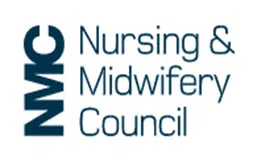

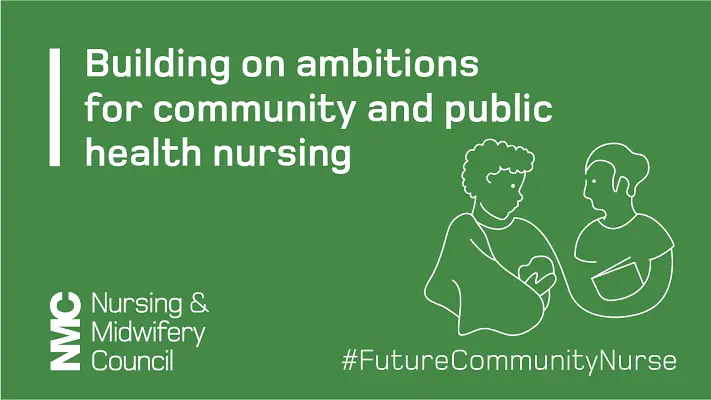

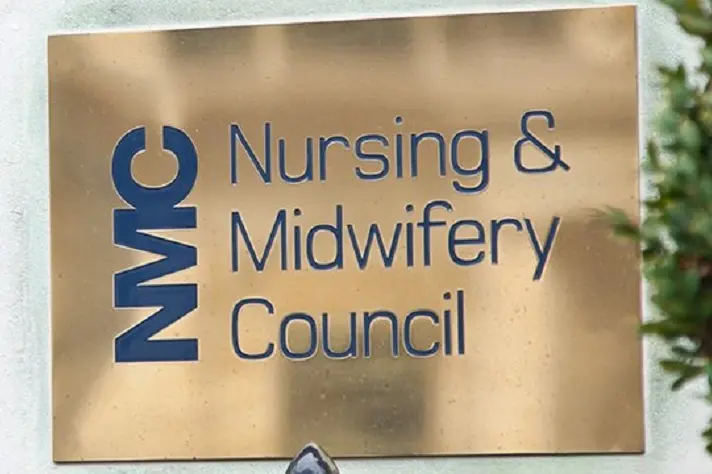 As part of the review of all of educational standards, the Nursing and Midwifery Council (NMC) is now focusing on post-registration qualifications – starting by looking at the post-registration qualifications relating to community and primary care.
As part of the review of all of educational standards, the Nursing and Midwifery Council (NMC) is now focusing on post-registration qualifications – starting by looking at the post-registration qualifications relating to community and primary care.